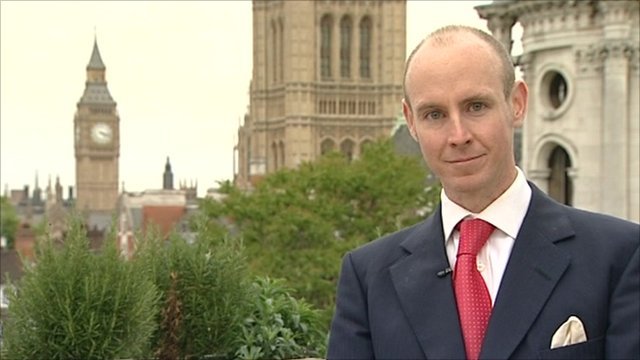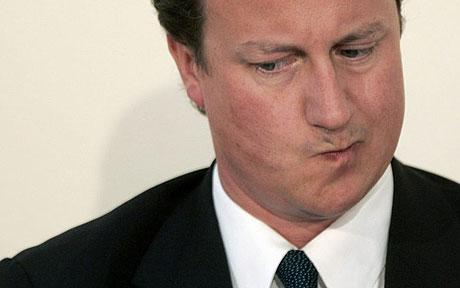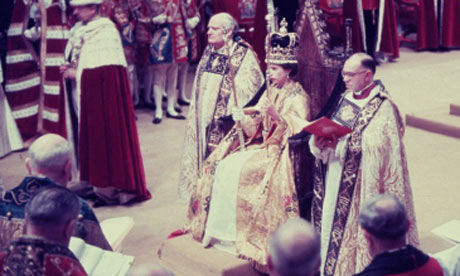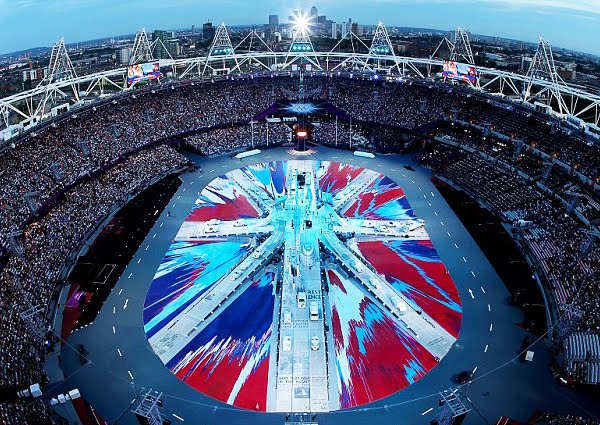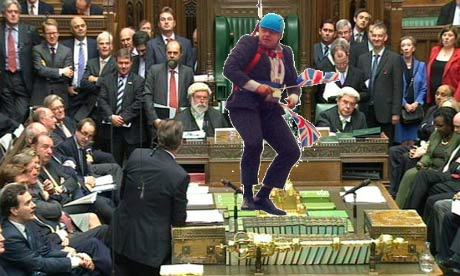Published by ConservativeHome
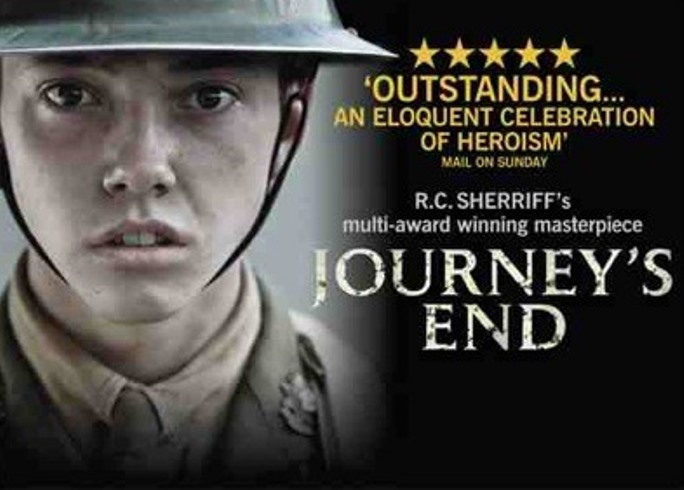 I had the fortune and great privilege when I was at school of appearing in productions of both R.C Sherriff’s Journey’s End and Joan Littlewood’s Oh, What a Lovely War!. Both, in very different ways, had a profound effect on my understanding and appreciation of the First World War, not least because my maternal grandfather (Gramps) – a veteran of both world wars – was conscripted to see me do battle in both productions. I can still remember meeting him in the school hall afterwards: I was eager for a pat on the back and words of praise, but all I got was watery eyes behind a damp hanky. There was I, the schoolboy, frolicking in the trenches of Flanders and waltzing to ‘Après la Guerre’ with Lady Haig. And there was Gramps, the veteran, for whom this was very real biography, and whose friends and colleagues were machine-gunned, gassed and buried on the Somme.
I had the fortune and great privilege when I was at school of appearing in productions of both R.C Sherriff’s Journey’s End and Joan Littlewood’s Oh, What a Lovely War!. Both, in very different ways, had a profound effect on my understanding and appreciation of the First World War, not least because my maternal grandfather (Gramps) – a veteran of both world wars – was conscripted to see me do battle in both productions. I can still remember meeting him in the school hall afterwards: I was eager for a pat on the back and words of praise, but all I got was watery eyes behind a damp hanky. There was I, the schoolboy, frolicking in the trenches of Flanders and waltzing to ‘Après la Guerre’ with Lady Haig. And there was Gramps, the veteran, for whom this was very real biography, and whose friends and colleagues were machine-gunned, gassed and buried on the Somme.
Journey’s End and Oh, What a Lovely War! are poles apart in their apprehension of the First World War. Sherriff’s 1928 play is an intimate, respectful tragedy about heroes, virtues, leadership and sacrifice. It speaks profoundly to pacifists and Just War advocates alike. Littlewood’s 1963 musical is an epic, irreverent romp through fluffy parodies and black-humoured allegory. It speaks volumes to cynics and sceptics without demeaning the memory of doomed youth. Sherriff wept with his fallen comrades, knee-deep in the muddy trenches of Passchendaele; Littlewood skipped with her pierrots, to an imagined dance of slaughter, bravura and vulgarity. Continue reading

